CPAP Machines: An Essential Guide
CPAP Machine User Guide
Medical professionals use Continuous Positive Airway Pressure (CPAP) machines to treat sleep apnea. They work by delivering a constant flow of air pressure through a mask, which keeps the airway open during sleep. In this blog, we will provide an overview of what a CPAP machine is, how it works, its benefits, and what to consider when purchasing one.
What is a CPAP Machine?
CPAP Machine User Guide
A CPAP machine is a medical device that provides a constant flow of air pressure to keep the airway open during sleep. The machine consists of several components, including a motor, a humidifier, a filter, tubing, and a mask.
The motor of the CPAP machine draws in air and pressurizes it to the level prescribed by a sleep specialist. The pressurized air is then delivered through the tubing and mask to the patient’s airway. The humidifier adds moisture to the air to prevent dryness and irritation of the nasal passages.
How Does a CPAP Machine Work?
A CPAP machine works by delivering a constant flow of air pressure through a mask, which keeps the airway open during sleep. The pressurized air acts as a splint, preventing the airway from collapsing and blocking the flow of air.
The air pressure delivered by a CPAP machine is determined by a sleep specialist based on the results of a sleep study. The sleep study measures a patient’s breathing patterns and determines the severity of sleep apnea. The pressure prescribed by a sleep specialist is usually expressed in centimeters of water pressure (cmH2O).
Benefits of a CPAP Machine
CPAP machines offer several benefits for patients with sleep apnea, including:
- Improved Sleep Quality: CPAP machines improve sleep quality by preventing interruptions in breathing that can cause sleep fragmentation and daytime fatigue.
- Improved Oxygen Saturation: CPAP machines improve oxygen saturation by ensuring that the airway remains open during sleep. This can be beneficial for patients with underlying medical conditions such as heart disease.
- Reduced Risk of Health Complications: CPAP machines reduce the risk of health complications associated with sleep apnea, such as hypertension, stroke, and diabetes.
- Increased Alertness and Productivity: CPAP machines can increase alertness and productivity by improving sleep quality and reducing daytime fatigue.
Pros and Cons of a CPAP Machine
Pros:
- Effective: CPAP machines are highly effective in treating sleep apnea and improving sleep quality.
- Customizable: The healthcare provider can customize CPAP machines to meet a patient’s specific needs, including adjusting the air pressure, providing humidification, and selecting the appropriate mask type.
- Non-Invasive: CPAP machines are non-invasive and do not require surgery or medication.
- Portable: You can easily transport CPAP machines for travel or use outside the home since they are portable.
Cons:
- Compliance: Compliance can be an issue for some patients, as the use of a CPAP machine requires wearing a mask during sleep.
- Discomfort: Some patients may experience discomfort or irritation from wearing a mask during sleep.
- Noise: CPAP machines can be noisy, which can be disruptive to sleep or to a partner’s sleep.
- Cost: CPAP machines can be expensive, and not all insurance plans cover the cost.
What to Consider When Purchasing a CPAP Machine
When purchasing a CPAP machine, there are several factors to consider to ensure that you get the best device for your needs. These factors include:
- Air Pressure: To ensure that your needs are met, it’s important for a sleep specialist to determine the air pressure delivered by a CPAP machine based on the results of a sleep study and choose a machine with a wide range of air pressure settings.
- Humidifier: Some CPAP machines come with a built-in humidifier that adds moisture to the air to prevent dryness and irritation of the nasal passages. It’s important to choose a machine with a humidifier if you experience dryness or discomfort while using the machine.
- Mask Type: There are several types of masks available for CPAP machines, including nasal masks, full-face masks, and nasal pillows. It’s important to choose a mask that is comfortable and fits well to ensure that you receive the optimal air pressure.
- Noise Level: CPAP machines can be noisy, which can be disruptive to sleep or to a partner’s sleep. It’s important to choose a machine that operates quietly.
- Data Recording: Some CPAP machines can record data about a patient’s breathing patterns and treatment efficacy. Sleep specialists can use this data to adjust treatment plans and ensure that patients receive optimal treatment.

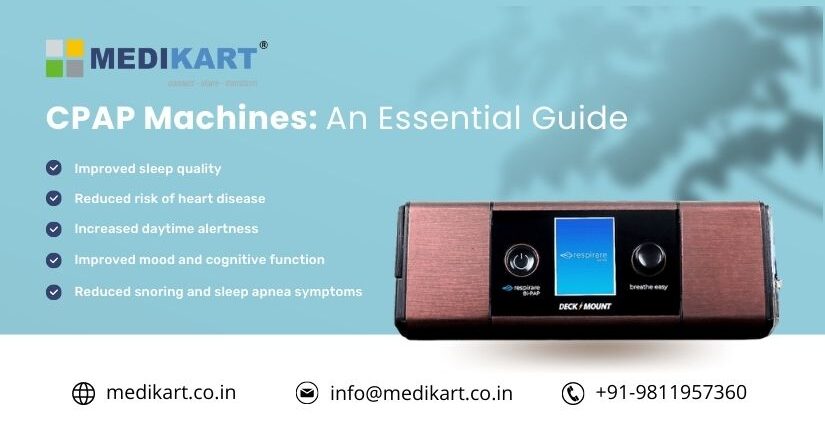
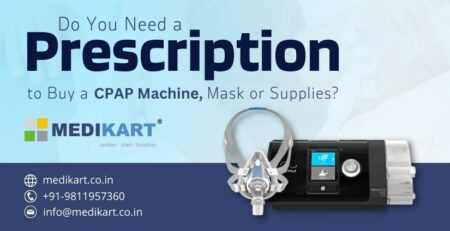

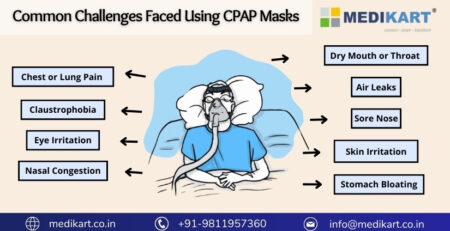
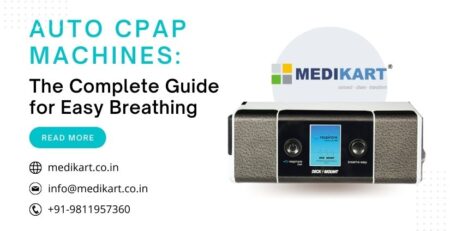
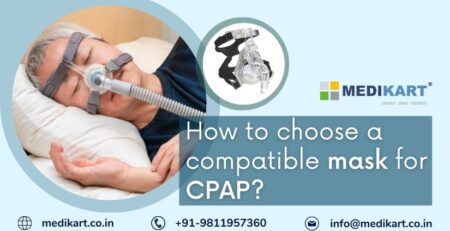
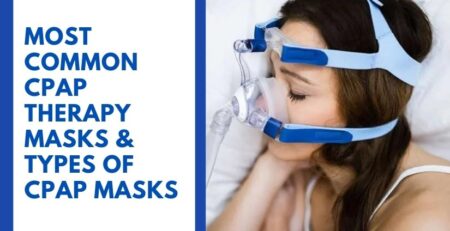
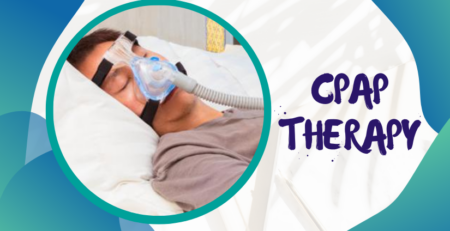


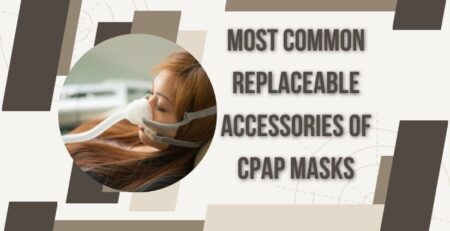






Leave a Reply